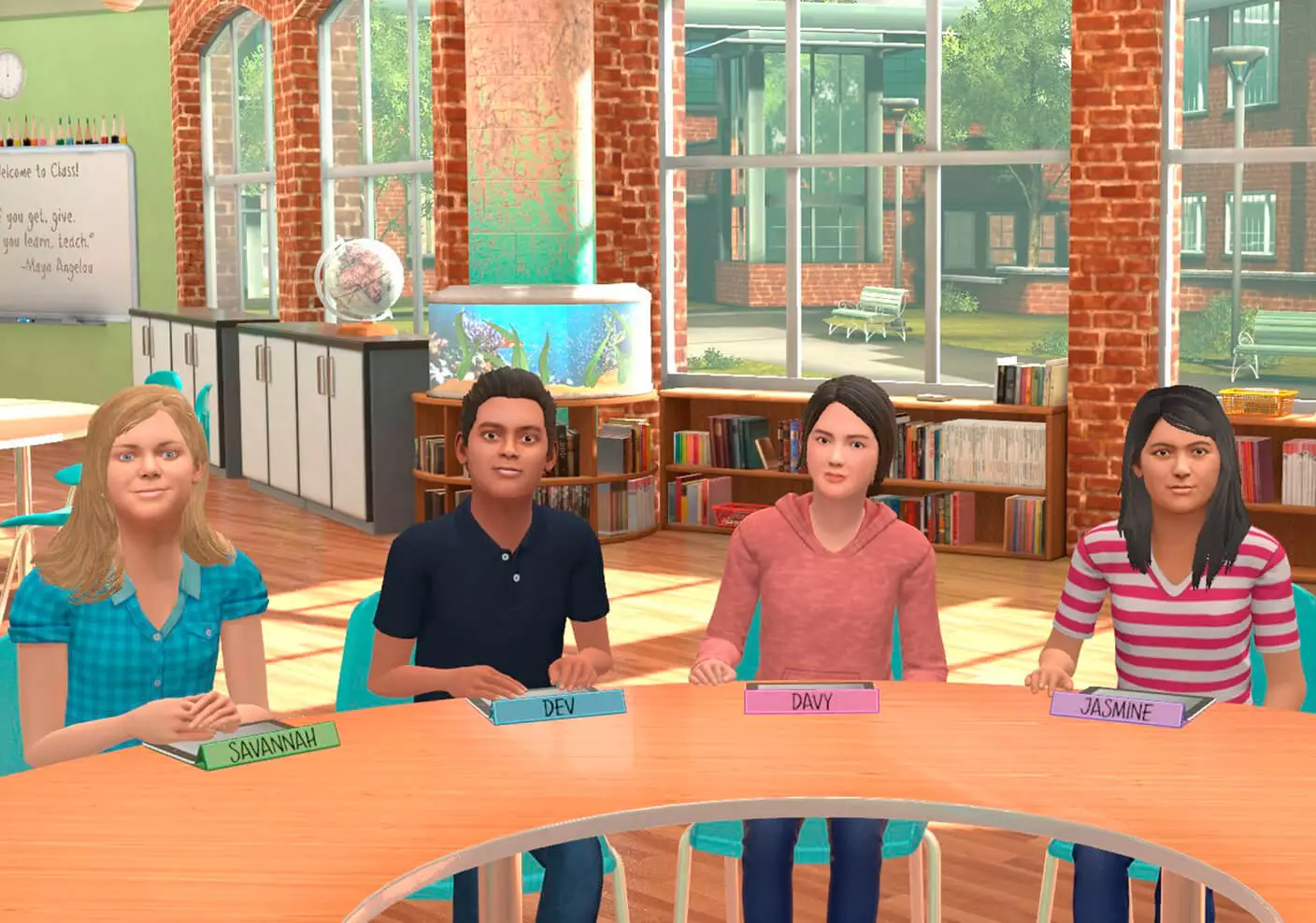This is my home, this thin edge of barbwire.
In her book Borderlands/La Frontera: The New Mestiza, quoted above, poet Gloria E. Anzaldúa describes the harrowing and tense experiences that characterize life for those marginalized minorities who live on the US-Mexican border. In her work, she calls upon a wide variety of texts and lived experiences, interspersing historical and autobiographical prose with both English- and Spanish-language poetry. In one anecdote, she recalls the indiscriminate and senseless cruelty of US Immigration and Customs Officers who deported her cousin, a fifth-generation American. Because he couldn’t speak English, and because he hadn’t carried his immigration documents with him to his workplace, they assumed that he was an illegal migrant. He was flown to Guadalajara, Mexico, and he eventually crossed the long distance back to his home in Texas on foot.
In Mursion’s recent Education Roundtable, Dr. Patricia McHatton of the University of Texas Rio Grande Valley (UTRGV) discussed one of Anzaldúa’s vitally important observations: That teachers, with their exclusive focus on English, sometimes unintentionally stigmatize English as a Second Language (ESL) students. As a result, these students can come to feel lost within their own identities and ashamed of their heritage. According to McHatton, many schools in the Southern Texas region punish students for speaking Spanish and encourage parents to speak only English at home. In fact, when Anzaldúa attended UTRGV as a student in the 1960s, the university required her to partake in speech classes in order to erase her accent. Although not as explicitly insidious as deportation or imprisonment, this kind of linguistic imposition can still drastically impact students’ psychologies. The terms that Anzaldúa coined to describe this experience of imposition, “linguistic self-hatred” and “linguistic terrorism,” reflect this psychological violence and unease.
Creating Inclusive Classroom Environments
At the same time, the difficulties of teaching impose their own anxieties on teachers, and language barriers compound an added layer of complexity. Teachers have to balance the benevolent desire to impart English-language knowledge on one hand with a sensitivity to various cultural-linguistic backgrounds on the other. Even when they speak the native tongues of their ESL students, teachers must be able and willing to switch back and forth rapidly between languages. If the requisite classroom skills remain untrained, this balancing act can be challenging and daunting. The difficulty of this task can hinder teachers from creating an inclusive classroom environment.
Virtual Reality (VR) provides a powerful training tool to help address these ongoing issues. During the roundtable discussion, Dr. Angela Chapman, also a professor at UTRGV, summarized a training for teachers she conducted using Mursion’s VR software. The unique classroom simulations, populated by realistic student avatars, enabled the learners to practice leading mixed-language classrooms. One of the student avatars, Alexia, predominantly spoke Spanish, while the rest of the students spoke English fluently. During the first round of simulations, some teachers neglected Alexia or asked her only the simplest questions. After receiving feedback, however, the teachers more frequently employed specific strategies like displaying visuals, using cognates, and speaking slowly, along with other helpful teaching techniques, to help Alexia engage more thoroughly in the class content.
According to Anzaldúa, “By the end of this century, Spanish speakers will comprise the biggest minority group in the U.S.” As the demographic changes, adaptability in the classroom will become increasingly important. Teachers will have to change some practices to avoid stigmatizing ESL students. VR is a powerful tool to help teachers train for the necessary skills.
This post was written by Tushar Thomas, an Associate Learning Partner at Mursion.
Subscribe for the latest Mursion articles and updates.
By clicking the sign up button above, you consent to allow Mursion to store and process the personal information submitted above to provide you the content requested. View our Terms and Conditions.




